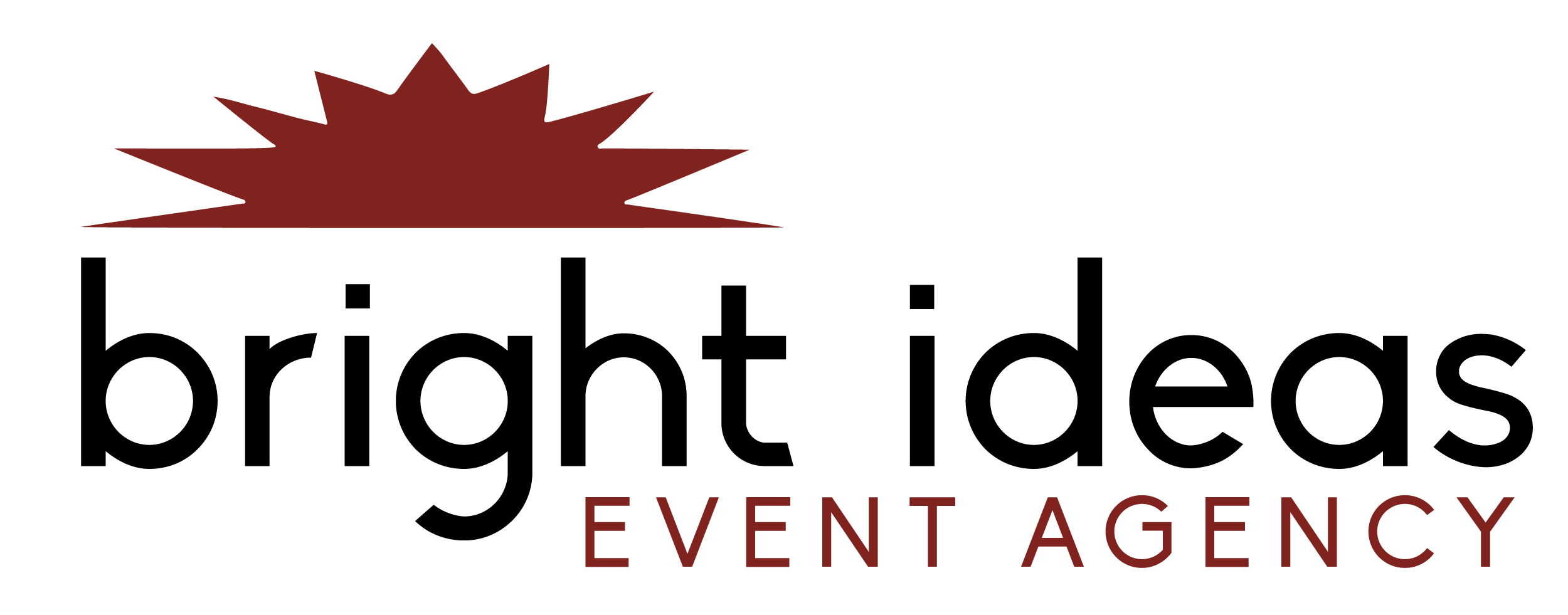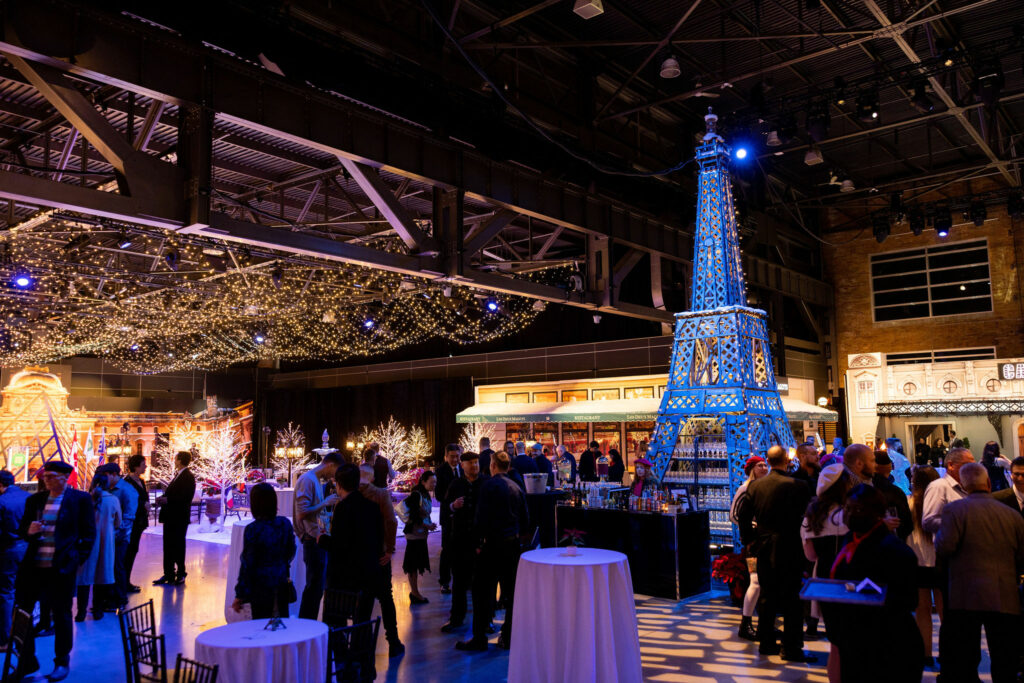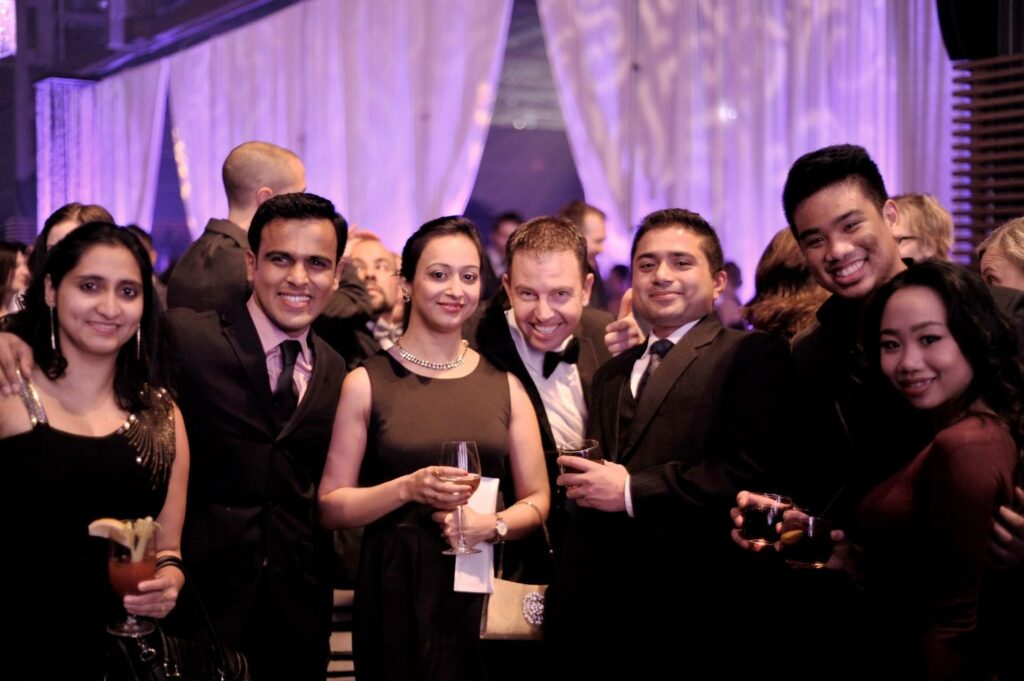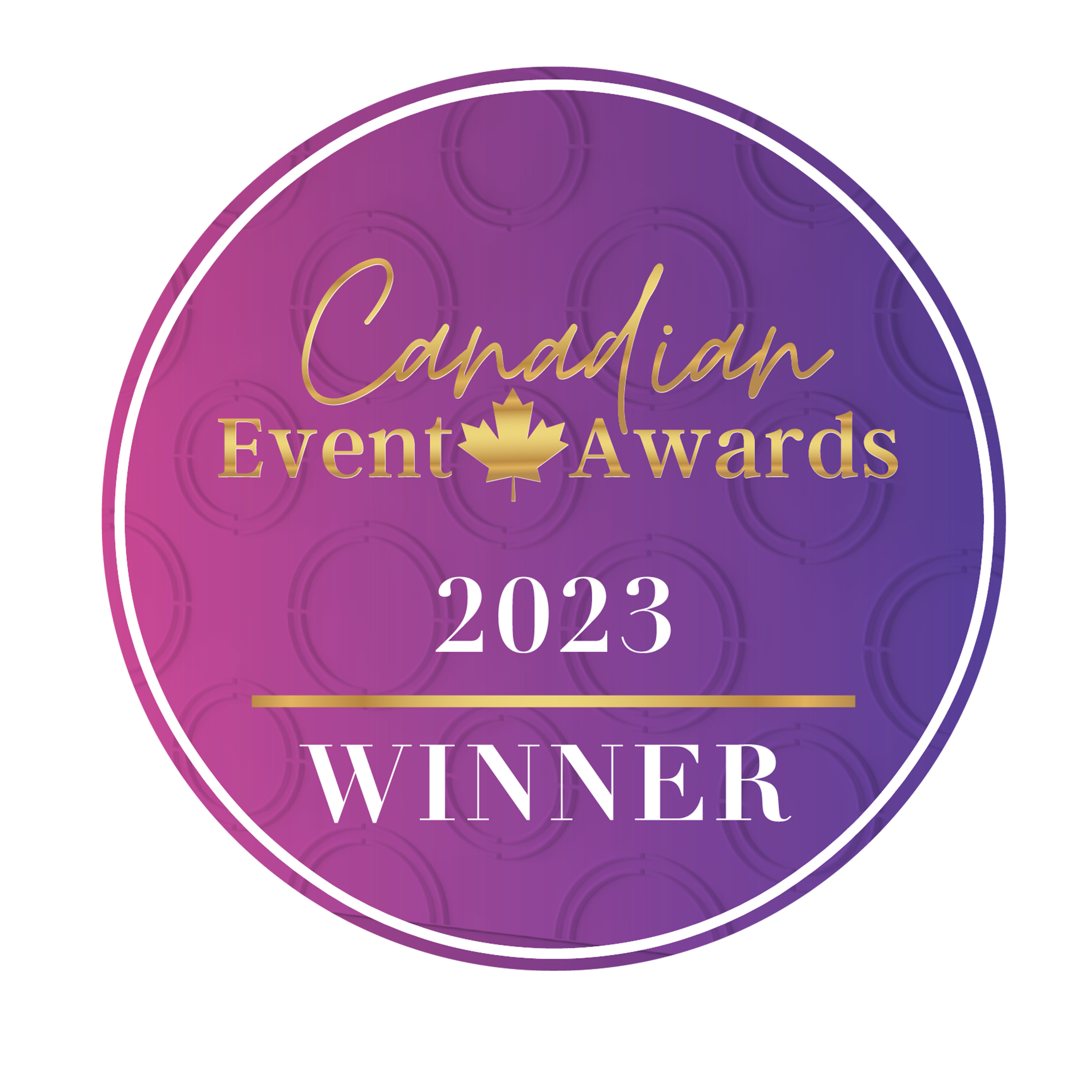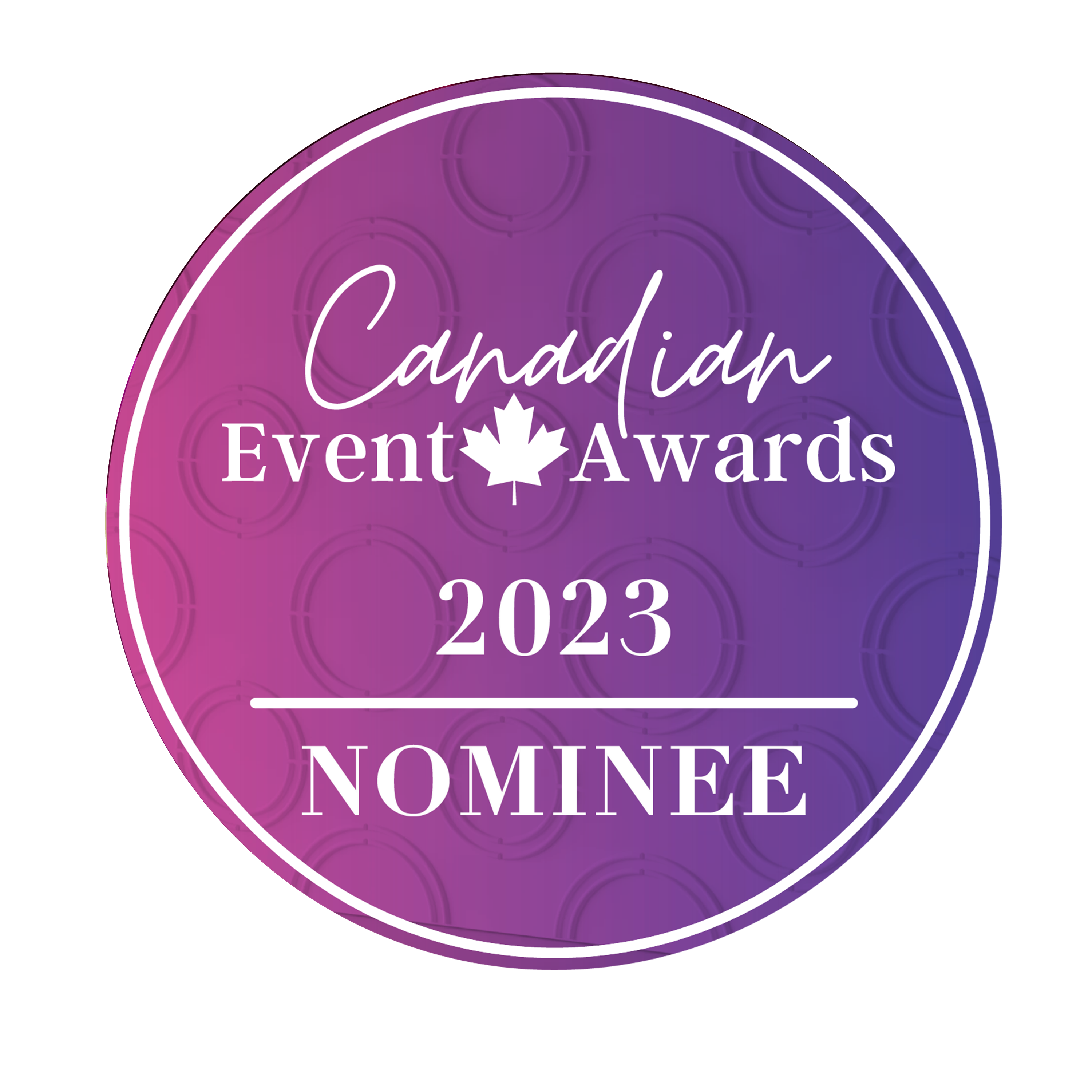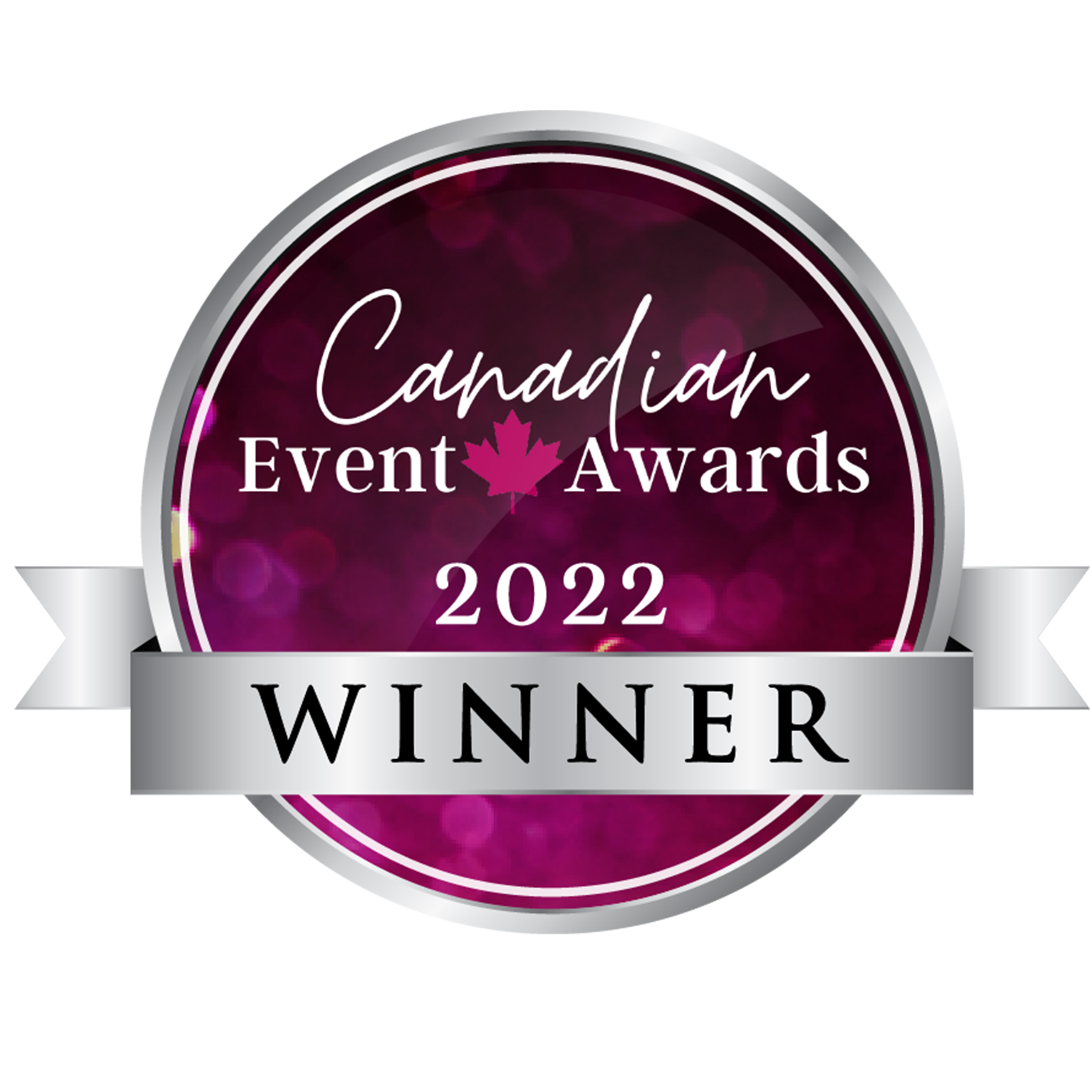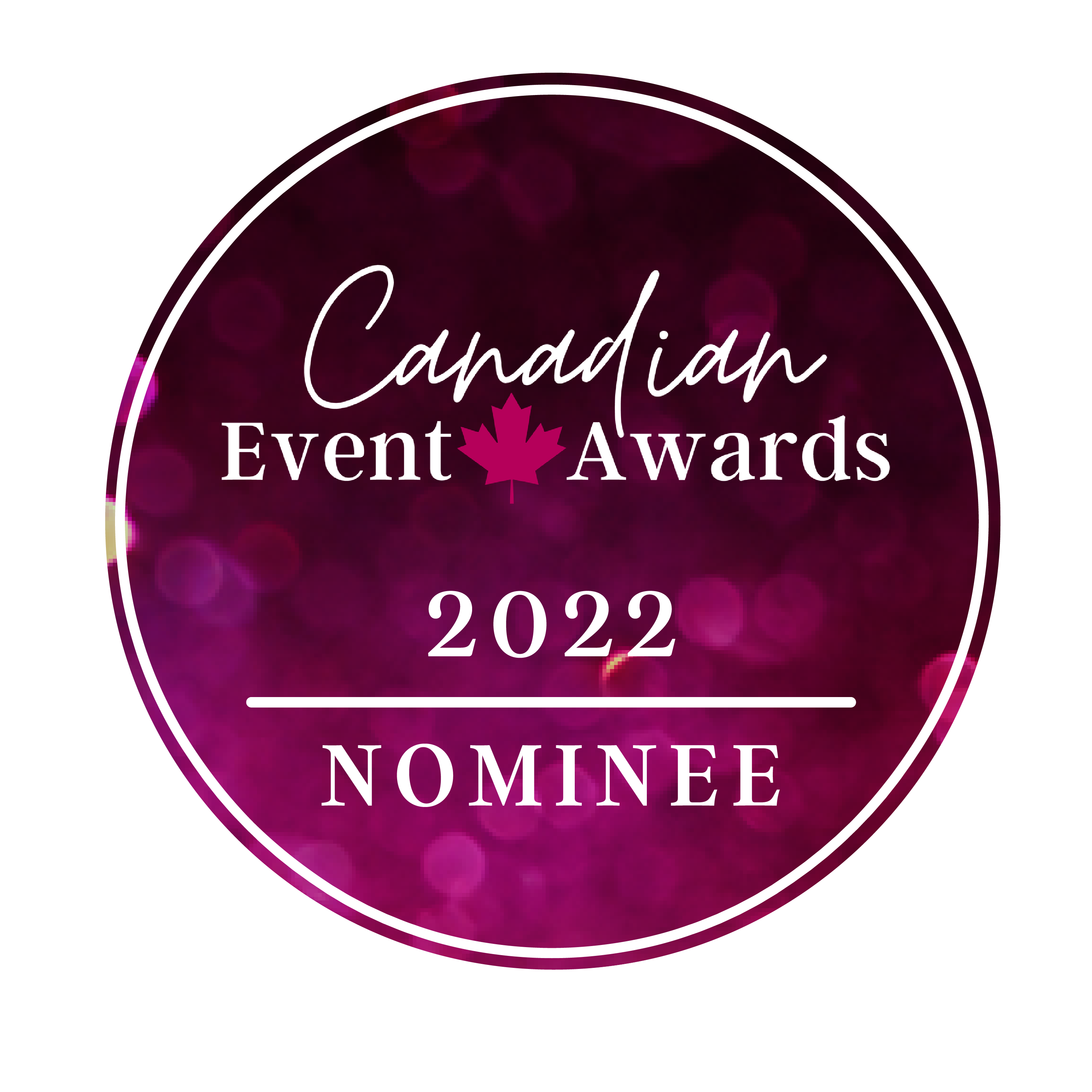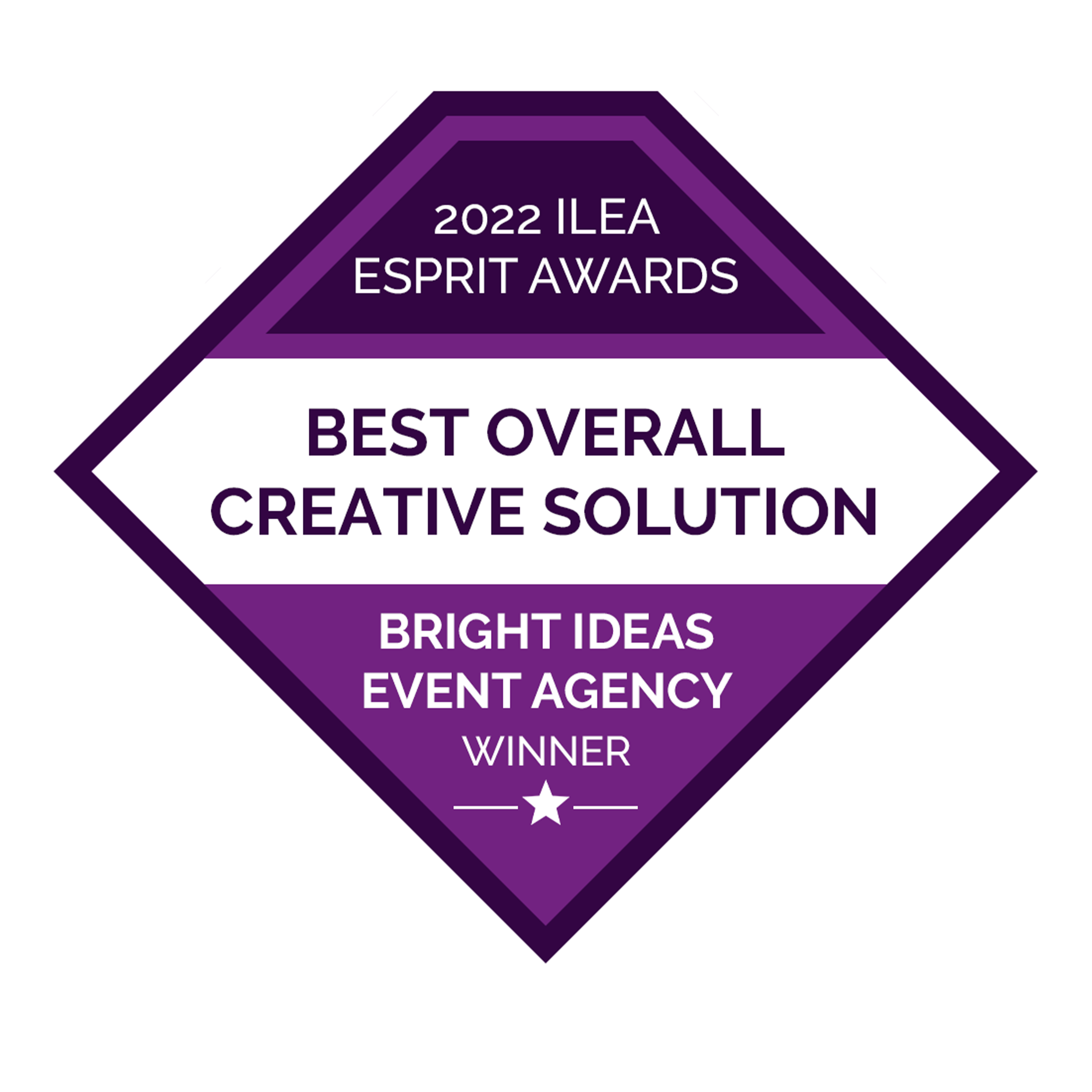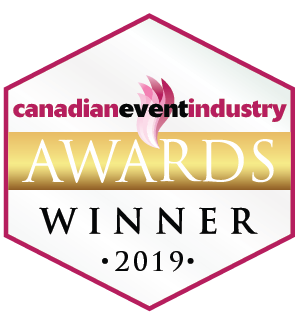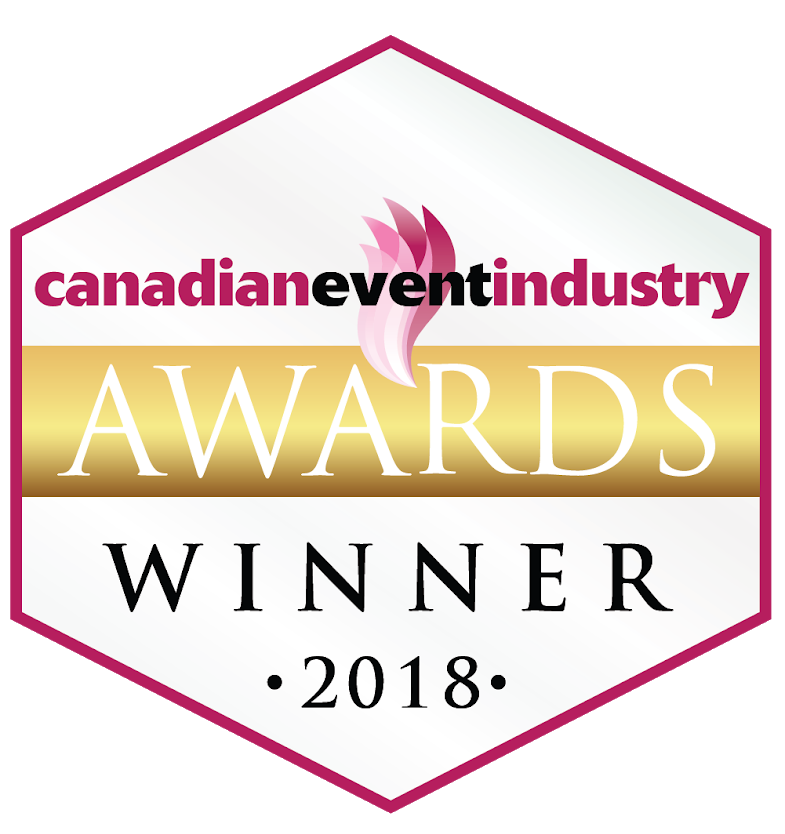Events & Microaggressions
Events are designed to bring people together to share ideas, network, and engage with one another. However, these spaces can also be a breeding ground for microaggressions.
Microaggressions are subtle, often unconscious, expressions of bias that can significantly impact individuals’ experiences at events. As an event producer & consultant, it’s essential to understand the effects of it and take steps to address them. In this blog post, we’ll explore what microaggressions are, why they’re harmful, and how to create inclusive events free of its impact.
What are microaggressions?
It is subtle and often unintentional expressions of bias that can significantly impact individuals’ experiences. They can be verbal, nonverbal, or environmental, usually occurring in social situations where people interact. Examples of it include making assumptions about someone’s identity or background, using stereotypes to describe individuals, and dismissing someone’s experience or feelings.
Why are microaggressions harmful?
It may seem small and insignificant, but they can significantly impact individuals’ well-being and sense of belonging. They can create a hostile environment that can be isolating and stressful for individuals who experience them.
It can also contribute to imposter syndrome, a feeling of not belonging or being worthy of success. Moreover, it can be cumulative, leading to long-term mental health issues, such as anxiety and depression.
Creating inclusive events that are free of Microaggressions
As an event producer, it’s essential to take steps to create inclusive events that are free of microaggressions.
Here are some tips to get started:
- Educate yourself and your team: Make sure you and your team know what is it all about, how they can be harmful, and how to avoid them.
- Create a code of conduct: A code of conduct sets clear expectations for behaviour at your event and clarifies that it will not be tolerated.
- Be mindful of language and messaging: Avoid using language and messaging that can be exclusionary or offensive. For example, avoid using gendered language and stereotypes.
- Provide safe spaces: Provide safe spaces at your event where individuals can go if they feel uncomfortable or need support.
- Take action if it occur: If you witness a microaggression at your event, take action immediately. Address the behaviour and make it clear that it’s not acceptable.
Conclusion
Microaggressions can have a significant impact on individuals’ experiences at events. As an event consultant, it’s essential to understand the effects of it and take steps to create inclusive events that are free of them. By educating yourself and your team, developing a code of conduct, being mindful of language and messaging, providing safe spaces, and taking action if it occurs, you can create a welcoming and inclusive environment for all attendees.
Sources:
1. What Are Microaggressions and Why Do They Matter? by the American Psychological Association: https://bit.ly/3KQOuV9
2. Microaggressions in Everyday Life: Race, Gender, and Sexual Orientation by Derald Wing Sue: bit.ly/43WEdgz
3. 10 Microaggressions to Avoid in the Workplace by Forbes: bit.ly/47ndH38
4. Creating Inclusive Events: A Guide for Organizers by Catalyst: https://bit.ly/3OJWgCj
5. A Guide to Microaggressions in the Workplace by Harvard Business Review: https://bit.ly/3OIZxBX
